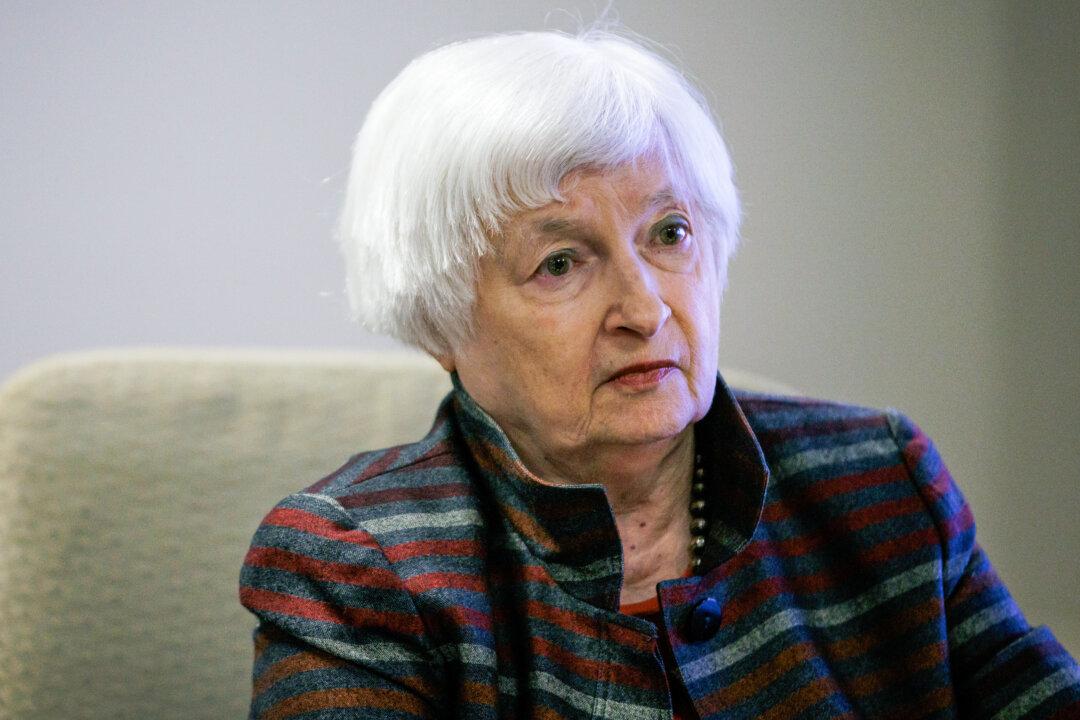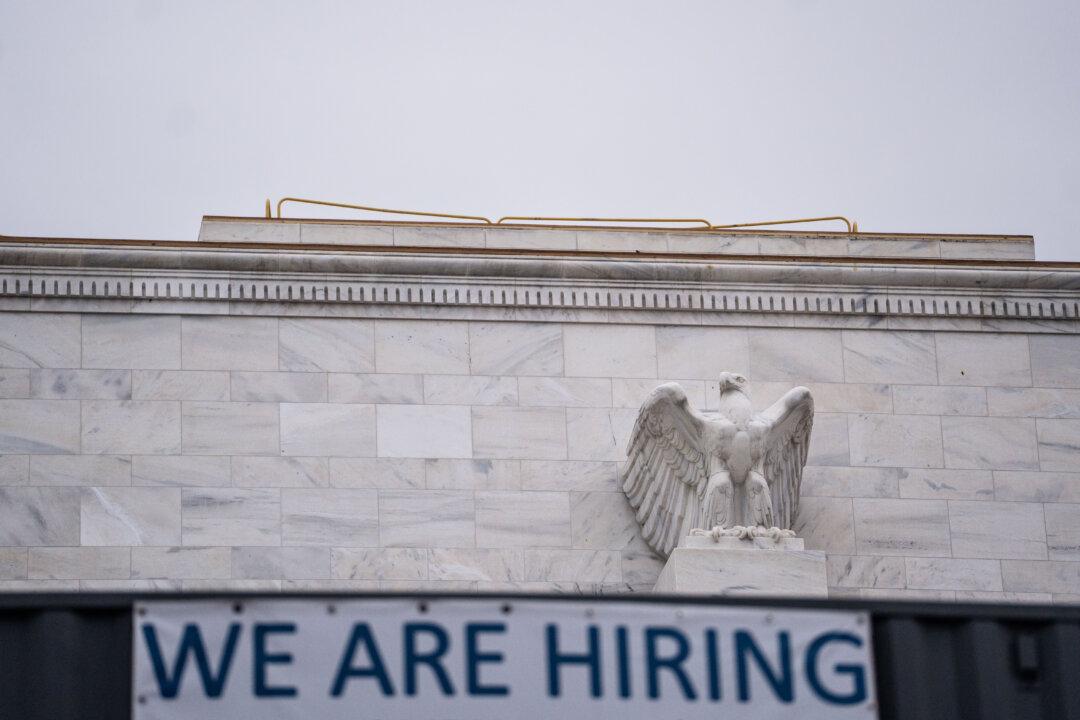Treasury Secretary Janet Yellen endorsed a proposal of liquidating frozen Russian assets to help fund Ukraine’s “continued resistance and long-term reconstruction.”
Following Moscow’s invasion of Ukraine in February 2022, the U.S. and its allies froze approximately $300 billion in Russian central bank assets. With the Eastern European conflict entering its third year, there are now discussions on potentially seizing the assets and funneling the proceeds to Kyiv.





